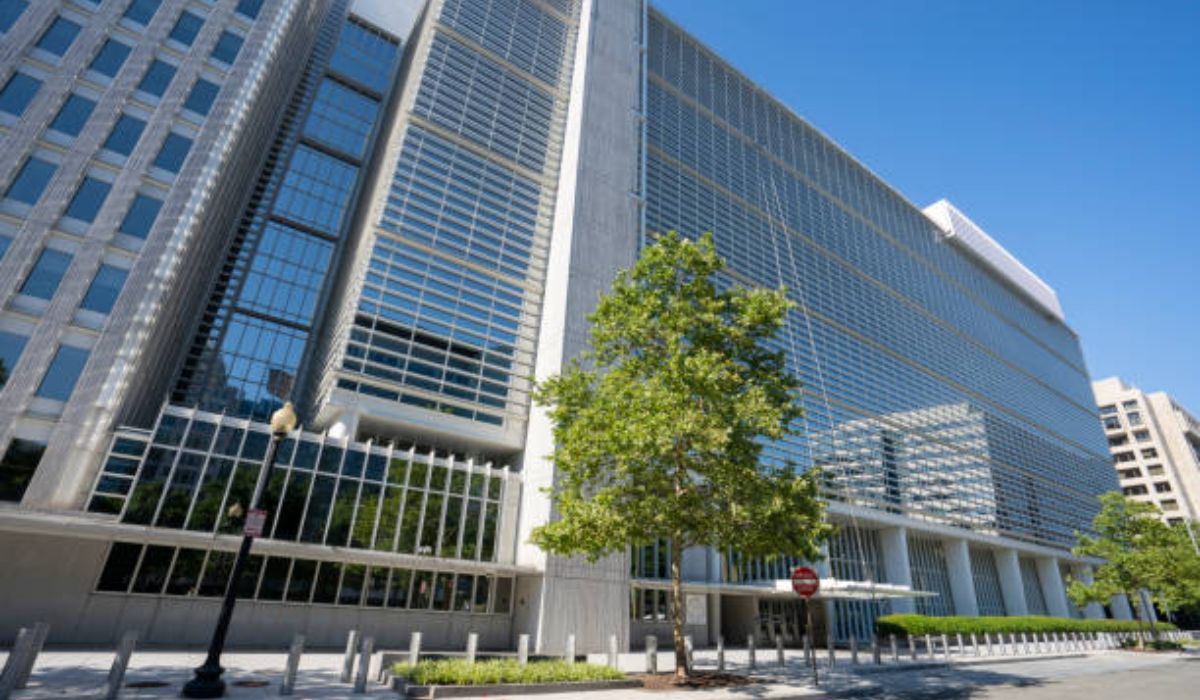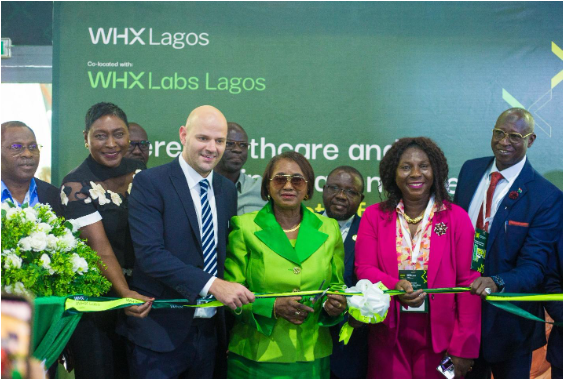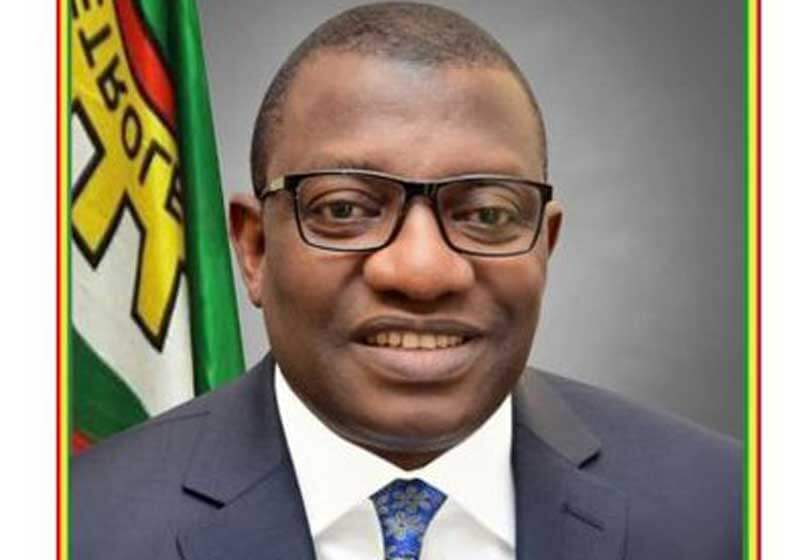World Bank Urges Nigeria to Shield Vulnerable from Soaring Inflation

Recent analysis from the World Bank emphasizes the need for Nigeria to implement reforms protecting its most vulnerable citizens from rising inflation, according to the April 2025 Poverty and Equity Brief released Monday.
The international financial institution recommends enhancing productivity across Nigeria’s workforce to address the nation’s high poverty rates. This advice follows the Bank’s forecast from last month that predicted increasing poverty in Nigeria over the next five years, attributing this trend to structural economic weaknesses, oil dependency, and national instability.
Following the economic reforms initiated by President Bola Tinubu’s administration in May 2023, including fuel subsidy removal and naira flotation, the Nigerian government launched temporary cash transfer programs targeting 15 million households. However, implementation has progressed slowly according to the World Bank’s assessment.
The economic impact of these reforms has been significant. Inflation data shows Nigeria’s annual inflation rate increased to 24.23 percent in March 2025, up from 23.18 percent in February, reversing what had been the lowest inflation rate since June 2023. While food inflation decreased slightly to 21.79 percent from 23.51 percent, core inflation (excluding volatile agricultural and energy prices) accelerated to 24.43 percent from 23.01 percent. Monthly consumer price increases jumped to 3.90 percent in March from February’s 2.04 percent.
The World Bank’s report contains concerning statistics on poverty trends in Nigeria: “Multiple shocks in a context of high economic insecurity have deepened and broadened poverty. Since 2018/19, an additional 42 million people have fallen into poverty, so more than half of all Nigerians (54 percent) are estimated to live in poverty in 2024, based on World Bank projections.
“Although recent macroeconomic reforms have begun to stabilise the economy, inflation remains high, dampening consumer demand and continuing to undermine the purchasing power of Nigerians. Labour incomes have not kept up with inflation, pushing many Nigerians, particularly in urban areas, into poverty.”
The Bank suggests that fiscal savings from Premium Motor Spirit (PMS) reforms could fund stronger social protection systems focused on resilience and human capital investment. Such measures would help safeguard households from future economic shocks and prevent intergenerational poverty transmission.
“These short-term interventions need to be complemented by economic diversification that grows the non-oil sector and creates private sector jobs, together with investments into public services, especially in health, education, and infrastructure. Improving the effectiveness and efficiency of public investments is especially important in the context of limited fiscal space,” the report added.
The brief also highlights regional disparities based on National Bureau of Statistics data, noting that “Nigeria remains spatially unequal. The poverty rate in northern geopolitical zones was 46.5 percent in 2018/19, compared with 13.5 percent for southern.”
According to the World Bank’s analysis of pre-pandemic data from 2018/19, 30.9 percent of Nigerians were living below the international extreme poverty line of $2.15 per person per day (2017 PPP).




